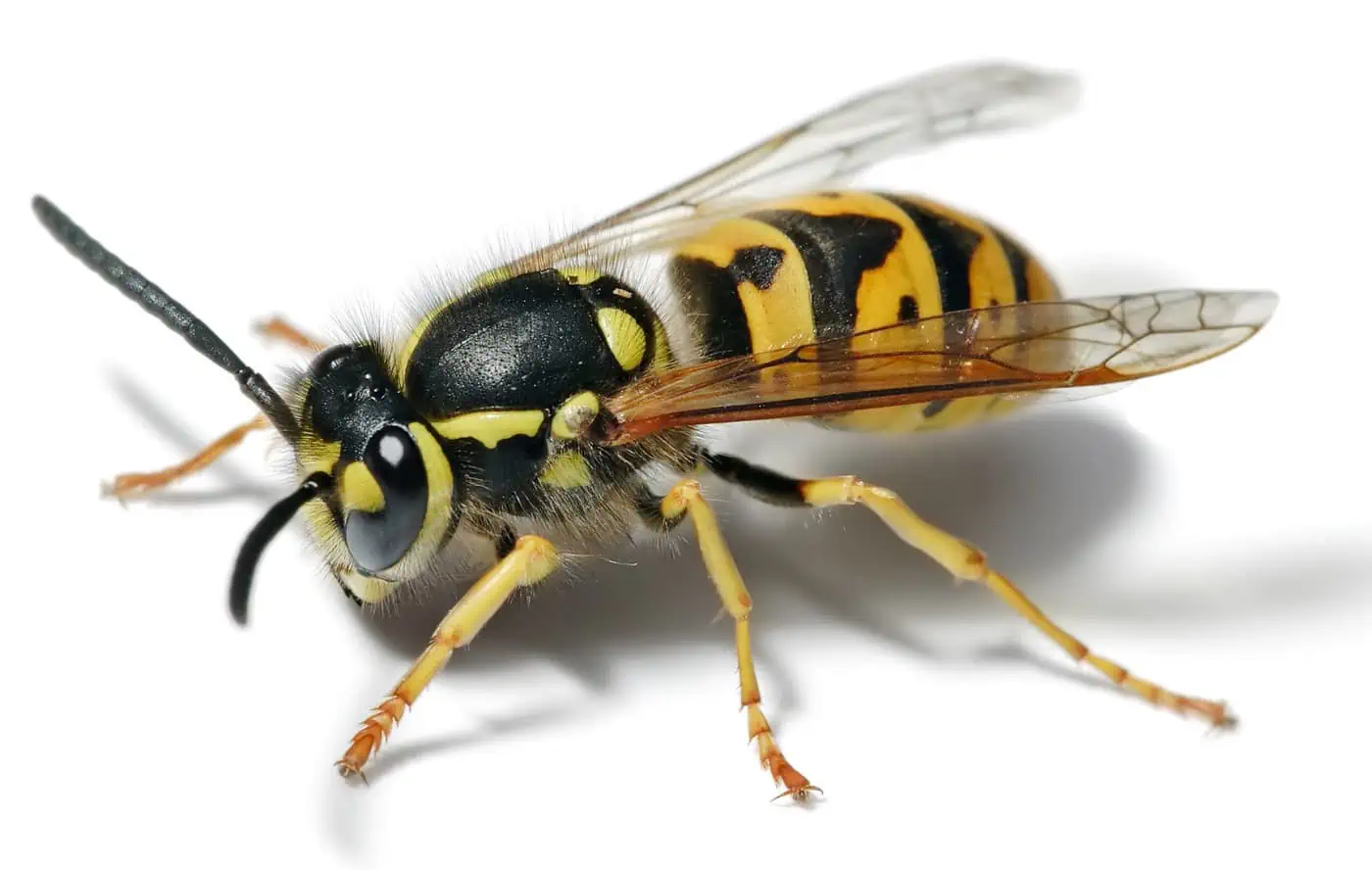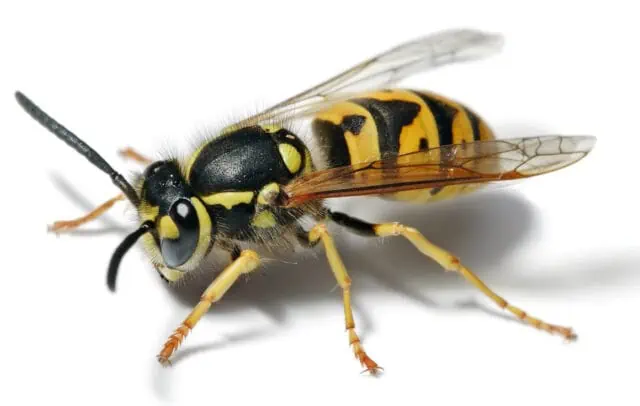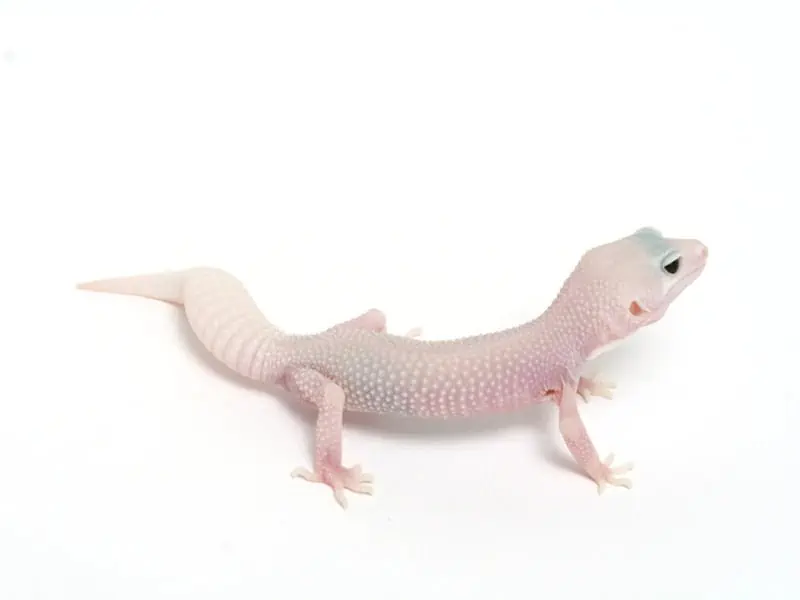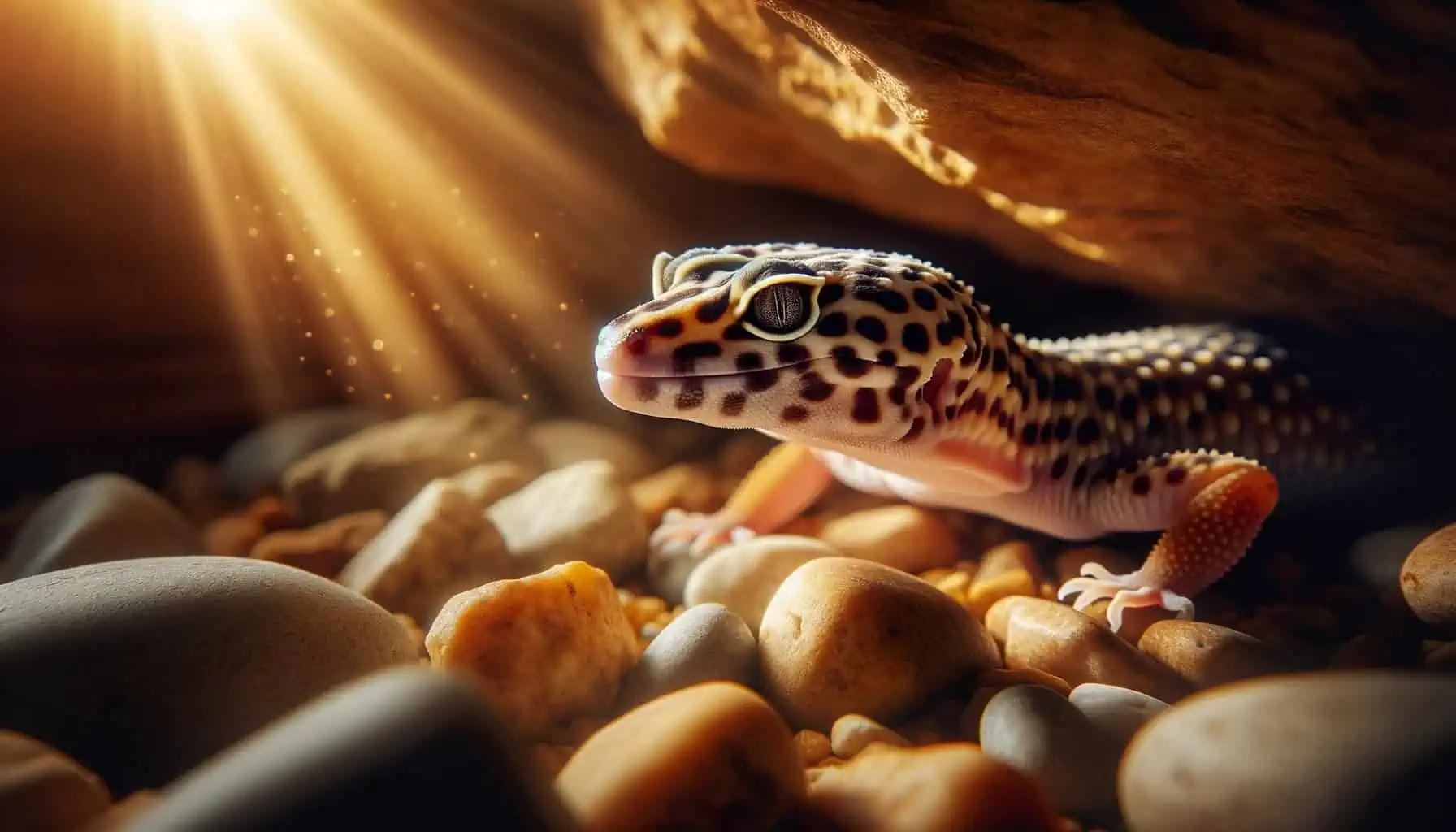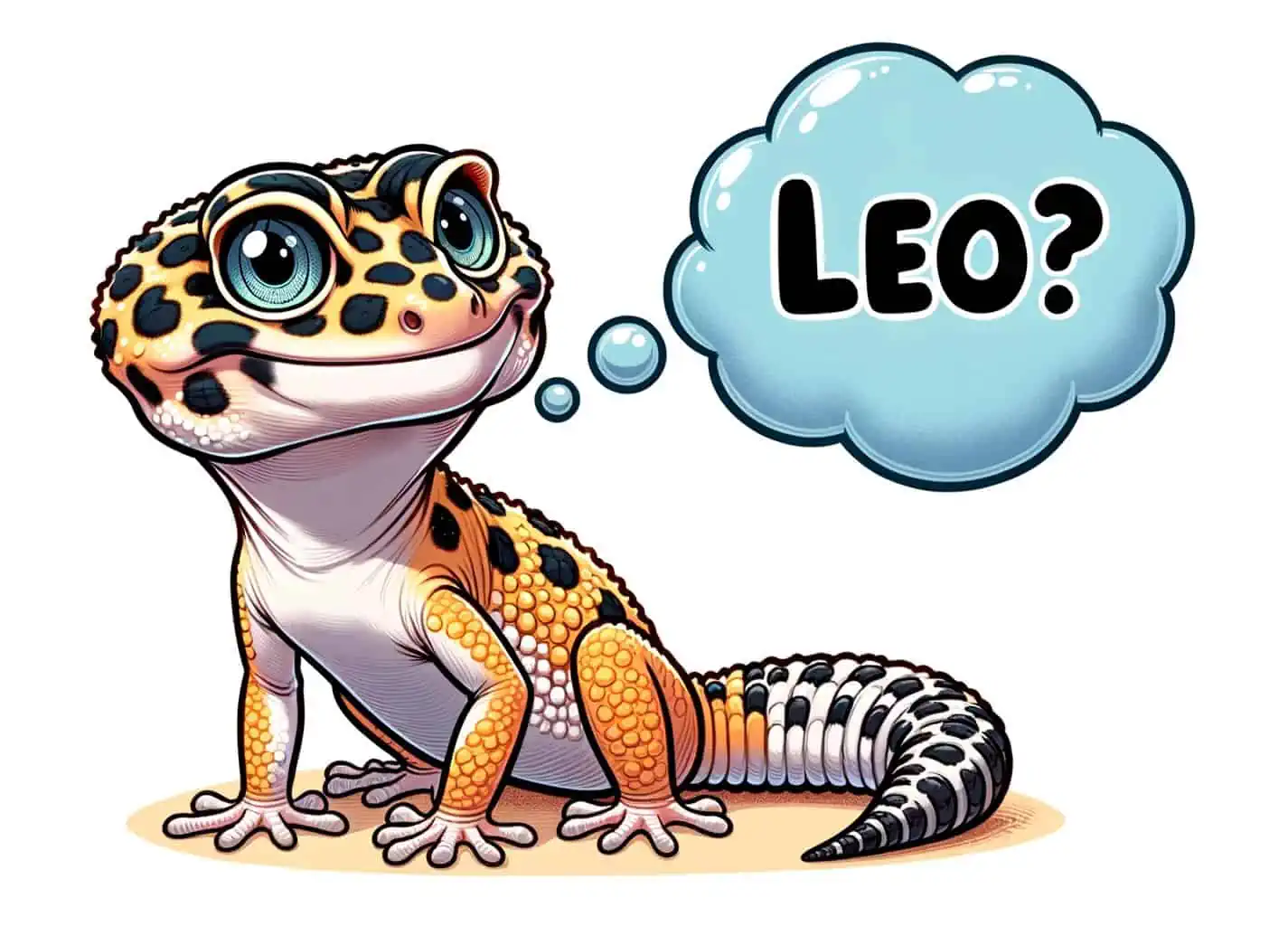Leopard geckos cannot safely consume wasps. While the idea of feeding these reptiles a variety of insects might seem appealing, wasps pose potential risks that gecko owners should be aware of.
Can Leopard Geckos Eat Wasps?
The simple answer is no, leopard geckos should not eat wasps. While leopard geckos are versatile eaters in the wild, consuming a variety of insects, wasps are not a recommended food source for them in captivity. The potential risks associated with feeding wasps to leopard geckos outweigh the benefits.
What is a Wasp?
A wasp is a type of insect that belongs to the order Hymenoptera. They are known for their diverse characteristics and behaviors, playing a crucial role in the ecosystem. Wasps come in various sizes and colors, but many species are easily recognizable by their slender bodies and narrow waists.
One of the most distinctive features of many wasps is their stingers. This defense mechanism is not only used to ward off predators but also to capture prey. Along with their stingers, many wasps sport distinctive yellow and black stripes, making them easily identifiable and often causing fear in those who encounter them.
| Fact | Description |
|---|---|
| Order | Hymenoptera |
| Distinctive Feature | Stingers |
| Color Pattern | Yellow and black stripes |
In the grand scheme of the ecosystem, wasps have several natural predators. Birds, bats, and even some spiders are known to feed on them. However, wasps aren’t just prey; they also play a pivotal role as pollinators. While bees are often the first insects that come to mind when thinking of pollination, wasps also contribute significantly to this process, helping plants reproduce and ensuring biodiversity in our environment.
Is it Safe to Feed Wasps to Leopard Geckos?
Feeding wasps to leopard geckos raises several safety considerations. While wasps might seem like a tempting food source due to their availability, they come with potential dangers and risks that every gecko owner should be aware of. While leopard geckos can eat bugs from outside, generally you’d want something that you’re sure it’s safe.
Firstly, wasps are equipped with stingers, which can pose a choking hazard to leopard geckos. Even if the stinger doesn’t cause immediate harm, it can lead to internal injuries or complications in the digestive tract. Additionally, wasps might carry toxins or pathogens that can be harmful to leopard geckos when ingested.
Understanding the digestive system and dietary needs of leopard geckos is crucial when considering their diet. Leopard geckos have a specific dietary requirement that leans heavily towards insects like crickets, mealworms, and dubia roaches. These insects are not only easier to digest but also provide the necessary nutrients for the gecko’s growth and health.
| Fact | Description |
|---|---|
| Dietary Needs | Insects like crickets, mealworms, and dubia roaches |
| Digestive System | Adapted to digest specific insects, not wasps |
| Potential Risks of Feeding Wasps | Choking, internal injuries, toxins, pathogens |
Advantages of Feeding Wasps to Leopard Geckos
While there are concerns about feeding wasps to leopard geckos, some might argue there are potential advantages to consider. Let’s delve into these perceived benefits.
One of the main arguments in favor of feeding wasps to leopard geckos is the contribution to a balanced and varied diet. In the wild, leopard geckos are opportunistic predators, consuming a wide range of insects. Introducing wasps into their diet can mimic this natural variety, providing both enrichment and mental stimulation. This variation can keep the gecko engaged, as the hunting techniques required for different prey can vary.
| Fact | Description |
|---|---|
| Natural Diet | Diverse range of insects |
| Enrichment | Varied prey offers different hunting experiences |
| Mental Stimulation | Engages the gecko’s natural instincts |
Furthermore, wasps, like many insects, can offer certain nutritional benefits. They are a source of protein and might contain other essential nutrients beneficial for the gecko’s health. Additionally, hunting wasps can exercise the gecko’s natural hunting instincts, promoting both physical activity and mental alertness.
Lastly, the idea of wasps as a potential food source is underscored by their availability in the wild. They are a diverse insect species, found in various habitats, making them an accessible prey option in natural settings.
Disadvantages of Feeding Wasps to Leopard Geckos
While there might be perceived advantages to feeding wasps to leopard geckos, the potential disadvantages are significant and cannot be overlooked.
One of the primary concerns is the risk of choking. Wasps come equipped with stingers, which can pose a serious choking hazard for leopard geckos. Even if the gecko manages to swallow the wasp, the stinger can lead to impaction, a condition where the digestive tract gets blocked, leading to severe health complications.
| Fact | Description |
|---|---|
| Choking Risk | Wasps have stingers that can get lodged in the gecko’s throat |
| Impaction Risk | Stingers can block the gecko’s digestive tract |
Another significant concern is the presence of pathogens. Wasps, like many wild insects, can carry diseases or parasites that can be harmful to leopard geckos when ingested. Introducing these pathogens into the gecko’s system can lead to illness or even death.
Nutritionally, while wasps do offer protein, they might not provide a comprehensive nutritional profile that leopard geckos require. Relying heavily on wasps can lead to nutritional deficiencies, affecting the gecko’s overall health and vitality.
Lastly, the potential dangers associated with feeding wasps extend beyond the immediate physical risks. Introducing a new food source can disrupt the gecko’s regular feeding patterns and might lead to behavioral changes or stress.
Alternatives to Wasps for Leopard Gecko Diet
When it comes to feeding leopard geckos, it’s essential to provide them with a well-balanced diet that meets their nutritional needs. Thankfully, there are several alternative insects to wasps that are both safe and nutritious for these reptiles.
Crickets: A staple in many leopard gecko diets, crickets are rich in protein and are easily digestible. They also provide the gecko with an opportunity to hunt, mimicking their natural behavior in the wild. Crickets are readily available in pet stores and can be dusted with calcium or vitamin powder to enhance their nutritional value.
Mealworms: Another popular choice, mealworms are packed with protein and fat, making them an excellent energy source. They are also easy to store and have a longer shelf life compared to other insects. However, it’s essential to ensure they are appropriately sized for the gecko to prevent choking.
Dubia Roaches: These roaches are a nutritious option, boasting a high protein content. They are also less likely to carry parasites compared to other insects. Dubia roaches are soft-bodied, making them easier for the gecko to digest.
Moths: While not as commonly used as the other options, moths can be a tasty treat for leopard geckos. They offer variety and can be a source of enrichment for the gecko, stimulating their hunting instincts.
| Insect | Benefits |
|---|---|
| Crickets | High in protein, stimulates hunting behavior |
| Mealworms | Rich in protein and fat, long shelf life |
| Dubia Roaches | High protein content, soft-bodied for easy digestion |
| Moths | Adds variety, stimulates hunting instincts |
Silkworms: Silkworms are another excellent alternative for leopard geckos. These soft-bodied larvae are high in protein, calcium, and essential amino acids, making them a nutritious addition to a gecko’s diet. Additionally, silkworms have a low-fat content, which can be beneficial for maintaining a gecko’s optimal weight. Their soft texture makes them easy to digest, reducing the risk of impaction.

